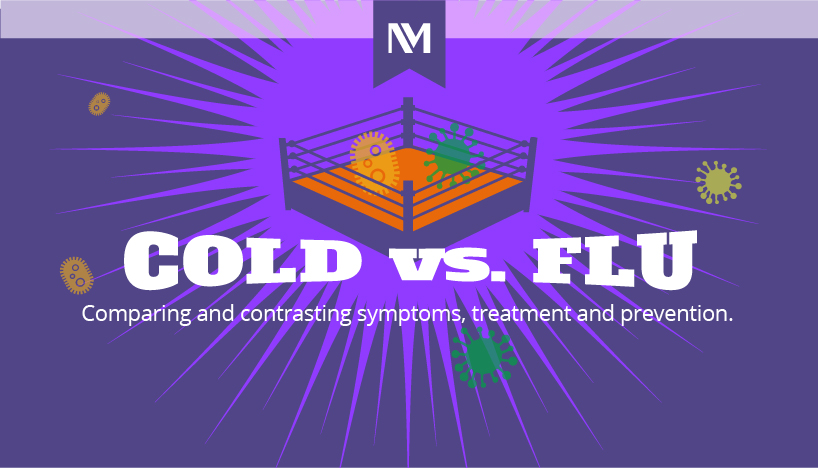Overview
What Is Rhinitis?
Rhinitis is an inflammatory reaction that affects the upper respiratory system, causing nasal congestion, sneezing and itching.
There are two main types of rhinitis:
- Allergic rhinitis: Sometimes called seasonal rhinitis, this type is more common, affecting about 58 million people in the United States. Allergic rhinitis is caused by an immune system reaction to an allergen, such as pollen, pet dander or dust mites.
- Nonallergic rhinitis: Known as year-round rhinitis, this affects about 19 million Americans. The symptoms are similar to allergic rhinitis, but the reaction isn’t caused by an immune system response. The exact cause is unknown, but the triggers can be environmental.
Both types of rhinitis can cause complications, including:
- Asthma: The relationship between asthma and rhinitis is not completely understood, but patients who treat asthma tend to see a lessening of rhinitis symptoms.
- Obstructive sleep apnea: The airway can be blocked during sleep, causing a dangerous lack of oxygen.
- Otitis media (chronic ear infection): Congestion and excess fluid can lead to infections in the middle ear.
- Eustachian tube dysfunction: Blocked Eustachian tubes can be painful and cause hearing difficulties.
- Nasal polyps: These soft, benign (non-cancerous) growths form because of chronic inflammation of the sinus lining.
- Deviated septum: The shifting of the wall that separates the two nasal passages can make it more difficult for rhinitis sufferers to breathe.



